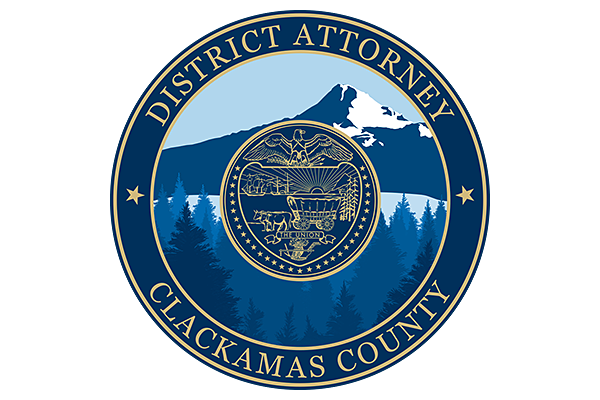Drug Court is designed for adults whose criminal behavior is connected to drug abuse or addiction. The program supports individuals who do not have current or past convictions involving firearms, violent crimes resulting in serious injury or death, drug manufacturing or distribution, or sexual offenses.
Program Goals
Drug Court aims to reduce drug-related crime and repeat offenses by offering treatment, accountability, and access to community resources. Participants learn about addiction, build skills to live drug-free, and receive support for long-term recovery.
How the Program Works
To enter Drug Court, defendants must plead guilty and sign a plea petition as part of a negotiated agreement. Unlike some specialty courts, successful completion does not typically lead to dismissal of charges. Instead, participants often receive a significantly reduced sentence and may avoid prison.
Program Structure
Drug Court includes four phases, each with its own goals:
- Treatment
- Recovery
- Relapse Prevention
- Community Transition
Participants are required to:
- Attend scheduled court appearances
- Engage in treatment and rehabilitation services
- Provide frequent drug tests
- Work closely with a probation officer who tracks progress and compliance
Graduation Requirements
To complete the program, participants must demonstrate:
- Consistent clean drug tests
- Employment or enrollment in education/vocational training
- Stable, clean-and-sober housing
- Other indicators of a stable, healthy lifestyle
 Translate
Translate






